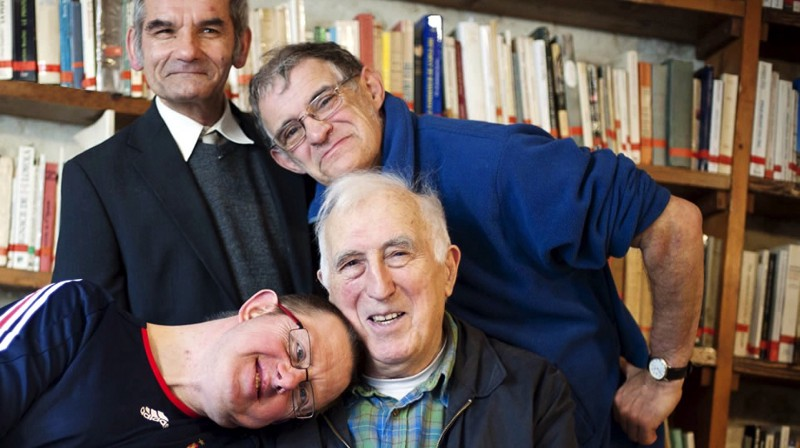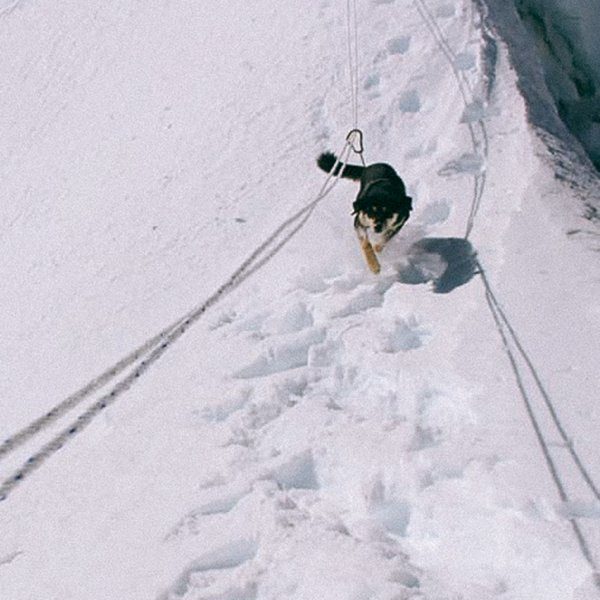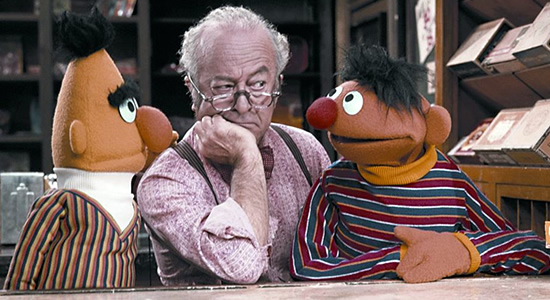
Jean Vanier died in May of this year – a sad day for those who have followed his work and the creation of L’Arche residences for the mentally handicapped.
Krista Tippett interviewed Vanier in 2007 for her On Being broadcast. After hearing of his death, she wrote a commentary on her experience when visiting a L’Arche residence in Iowa. I have excerpted both her introduction to the interview reissue and the transcript of the 2007 interview.
Excerpt from May 2019 OnBeing post
In the early days of my radio adventure, I made a pilgrimage to L’Arche for myself. I traveled to the sleepy town of Clinton, Iowa, on a gorgeous stretch of the Mississippi. There, a revolutionary community shelters among pastel-painted houses on a residential street. It took my eyes and my introverted spirit a little while to adjust to this unfamiliar cross-section of humanity testing the most paradoxical of spiritual teachings – that there is light in darkness, strength in weakness, and beauty in the brokenness of human existence. But their dare does not proceed through theologizing; it proceeds through exuberantly inhabiting the given, imperfect raw materials of the everyday. I’ve rarely been in a place where there is so much laughter and where the rhythm of life includes a real joy in that deceptive phrase, “the simple things of life:” cooking, eating together, washing up; the rituals of leaving for work in the morning and coming home at night; walks around the neighborhood and trips to the library; goofing off and making music and playing. I’ve rarely been hugged so fervently by strangers and enjoyed it. At the same time and not in contradiction to all of that but making it more real, I’ve rarely been in a place where the grief and imperfection and struggle of being human were more honestly faced moment to moment. L’Arche is like family at its best. And it’s a chosen family that then touches the strangers who cross its path. As I moved through the ordinary encounters of ordinary days with L’Arche’s core members, I watched how they unsettled everyone they met, at least a little, and left them more joyful and more graceful: bus drivers, librarians, supervisors at work. And me. It’s a joy and grace transmitted by bodies, and it settled in my bones and is still with me these many years later
“We don’t know what to do with our own weakness except to hide it or pretend it doesn’t exist. So how can we welcome fully the weakness of another if we haven’t welcomes our own weakness?”
~ Jean Vanier






